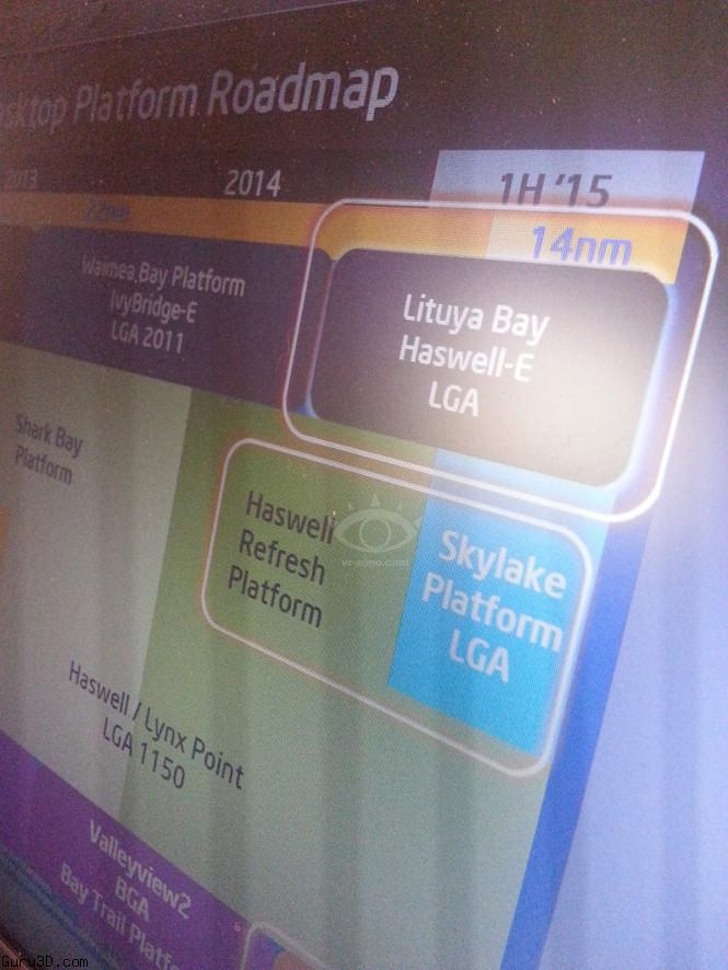Unfortunately man. AMD is now rumored to be releasing a 5GHz CPU.
A couple of points:
1. AMD is always rumoured to releasing something.
2. A 5GHz Piledriver based chip made in limited quantities for the LN2 crowd wouldn't impact the market at all. AMD already has 8+ GHz chips in the record books, and it hasn't exactly improved AMD's outlook.
3. The mythological FX-9000 (there's a hint in that name) is supposedly a
220 Watt part. Just for the sake of putting the oddball rumour to rest,
there are plenty on analysis on the net to why this isn't feasible on the 32nm process using in-place hardware.
They have to focus on architecture, not clock speeds. That is their issue.
Well, that seems at odds with launching 5GHz / 220W monster golden sample doesn't it ?
They need to snatch more Intel guys. That wont be hard with the money they just got from Xbox and Sony console deals.
Hahahahahahahahahaha.................................sorry.
Intel will spend over sixty percent more on R&D in this quarter than AMD's total financial cap is valued at
($4.7 billion in R&D versus AMD's market cap of $2.86 billion)
Unfortunately, Intel is moving away from the desktop, and that has become apparent.
Well, no they aren't, and no it isn't.
Intel clarified that HEDT remains a socketed solution for the foreseeable future - hardly surprising since the CPUs share commonality with workstation and server chipsets. As for mainstream, Skylake (2015-16) is still LGA (Flip Chip-Land Grid Array) which means a socketed CPU
You're probably thinking of the hoo-hah regarding Intel's supposed shift to embedded (BGA) processors. Intel pretty much cleared up the issue saying that certain SKU's would be embedded only. A prime example would be the 4570R and 4670R because of the embedded DRAM on package.
FWIW, you'll find that there is a distinct lack of socketed processors made that feature eDRAM- mostly because the complexity of pin-outs and criticality of contact required between pins and mainboard.
